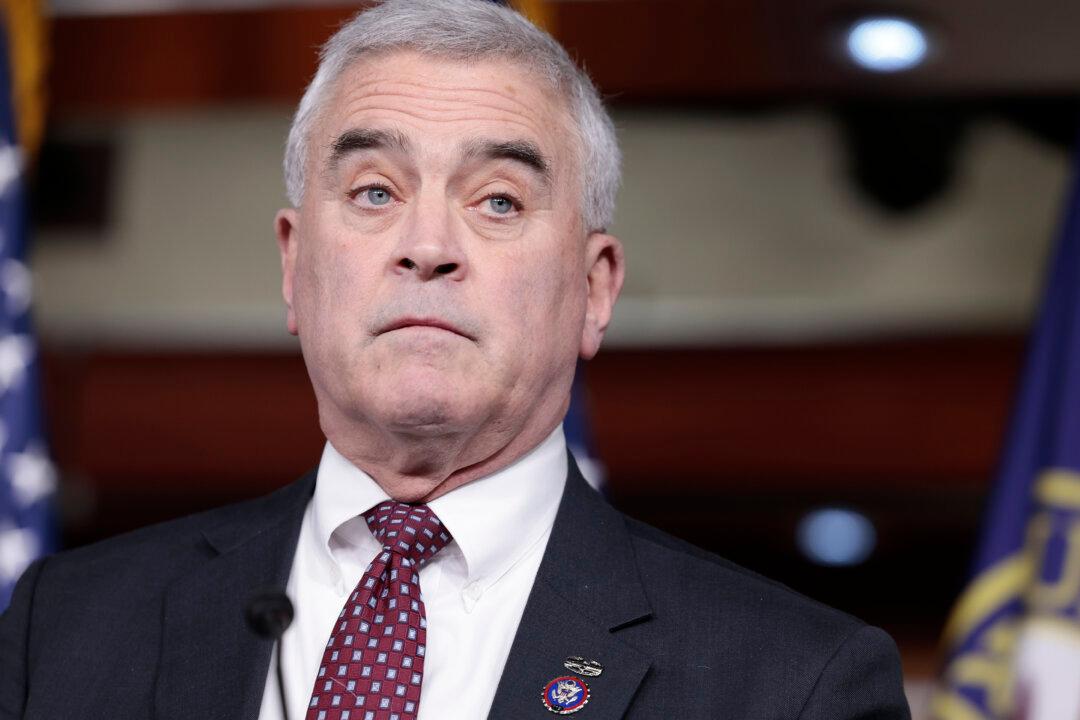The House Select Subcommittee on the Coronavirus Pandemic has announced that it will hold its first hearing on the origins of COVID-19 on March 8.
The committee’s chairman, Rep. Brad Wenstrup (R-Ohio), said in a March 1 statement announcing the hearing that Americans “deserve real answers” on the origins of the virus, having suffered through the pandemic and the government policies related to it.





